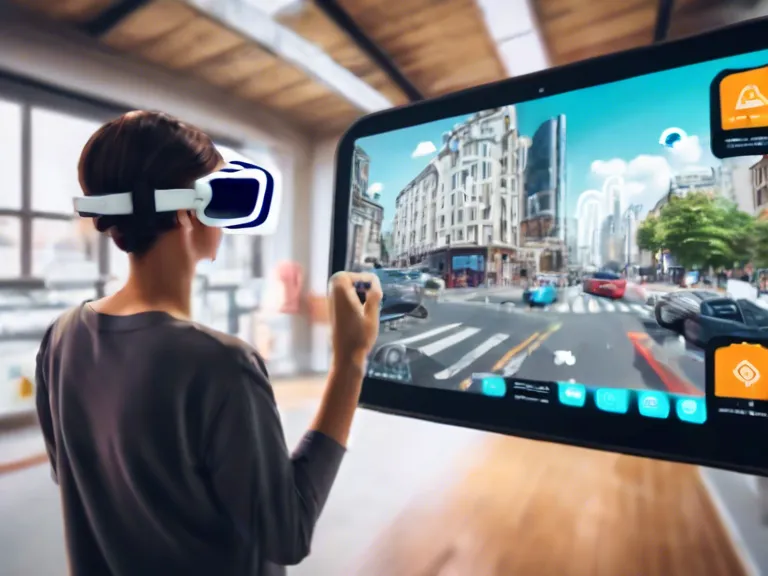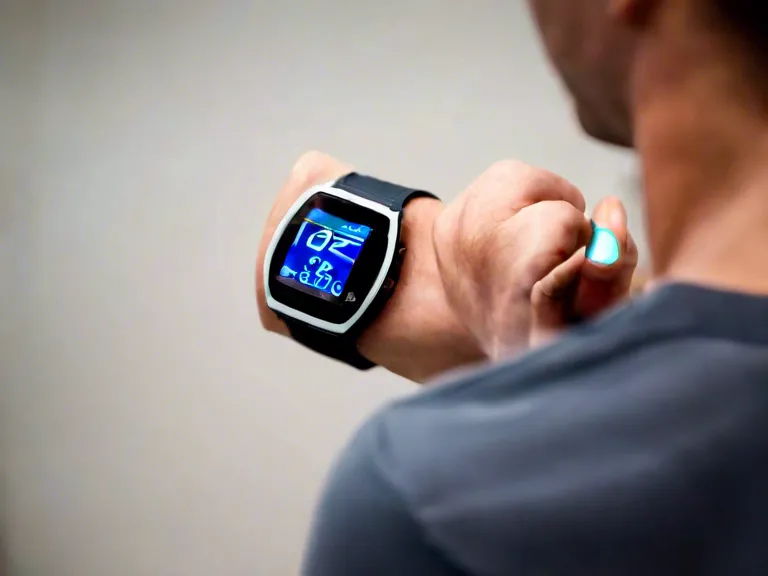
In an increasingly digital world where privacy and security concerns are at the forefront, biometric security technology is playing a vital role in safeguarding personal information and enhancing safety. Biometric security involves the use of unique physical characteristics or behavioral traits to verify an individual's identity. Common examples include fingerprint scans, iris recognition, facial recognition, and voice authentication.
One of the key advantages of biometric security is its high level of accuracy. Traditional methods such as passwords or PINs can be easily compromised, whereas biometric data is unique to each individual, making it much more secure. This added layer of protection is especially important in industries such as finance, healthcare, and government, where sensitive data must be securely stored and accessed.
Furthermore, biometric security enhances convenience for users. Instead of having to remember complex passwords or carry physical keys, individuals can simply use their own biometric information to access their devices or accounts. This not only streamlines the authentication process but also reduces the risk of unauthorized access.
Biometric technology is also being used to improve safety in various sectors. For example, many airports now use facial recognition systems to verify travelers' identities and streamline the check-in process. Law enforcement agencies are also leveraging biometric solutions to quickly identify suspects and prevent crimes. In emergency situations, biometric data can be used to quickly locate missing persons or make medical decisions based on patients' unique health information.
As biometric security technology continues to evolve, it is important for organizations to implement proper safeguards to protect individuals' sensitive information. This includes encryption of biometric data, regular updates to security protocols, and compliance with regulations such as the General Data Protection Regulation (GDPR) and the Health Insurance Portability and Accountability Act (HIPAA).
In summary, biometric security is a powerful tool that is enhancing privacy and safety in today's digital landscape. By leveraging unique physical characteristics and behavioral traits, biometric technology is providing individuals with a secure and convenient way to access their devices and protect their personal information.



